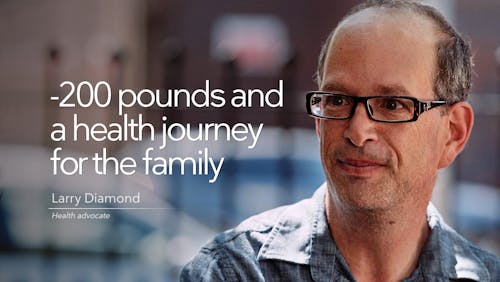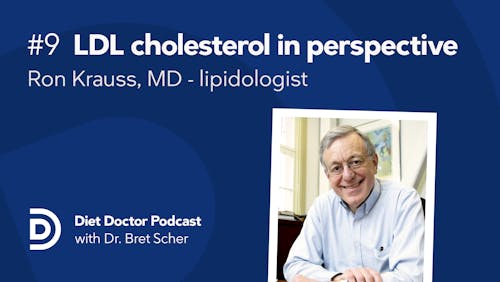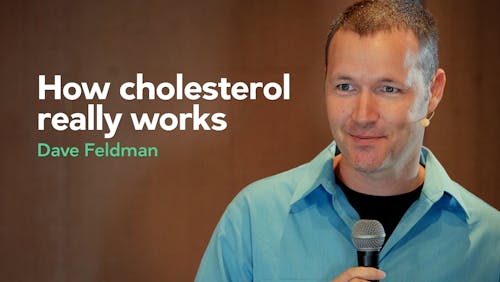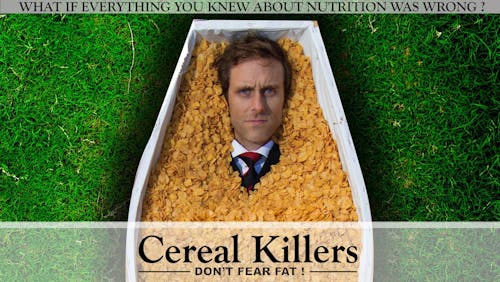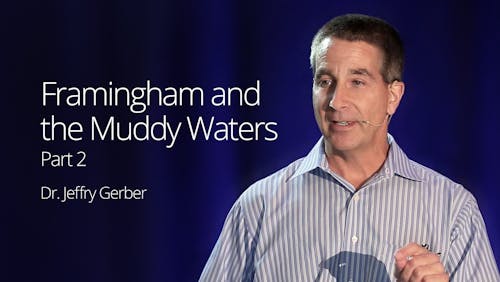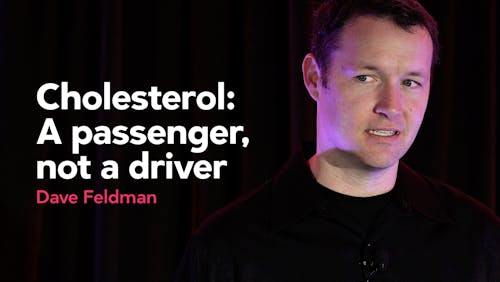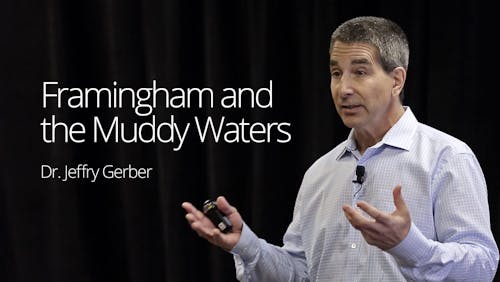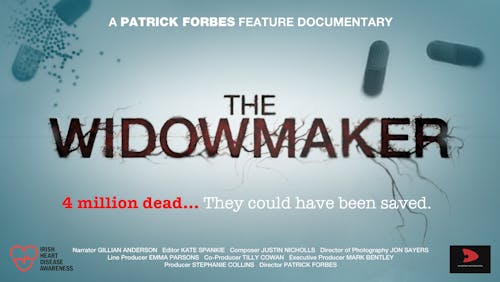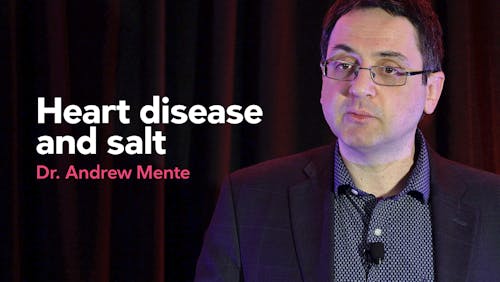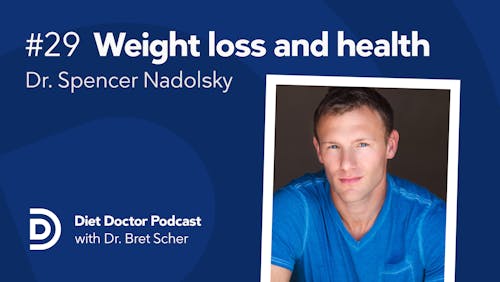Old associations do NOT prove plant-based diets contribute to heart health

Headlines in CNN Health claim that eating mostly plants is the path to better health and living longer. This is a message we have heard many times before, with the only problem being the science doesn’t back the claims. Could this time be different?
CNN Health: Eat more plants and less meat to live longer and improve heart health, study suggests
Spoiler alert. No. It is not any different this time.
The study in question, published in the Journal of The American Heart Association, was a retrospective look at the ARIC observational study data. Middle aged men and women from four US cities were enrolled in the late 1980s. Researchers followed them all the way until 2016 collecting volumes of data about who developed heart disease, who died, and who lived. That is relatively indisputable data. You are either alive or dead. You either had a heart attack or didn’t.
The problem with the study, however, is with the rest of the data. Subjects completed an initial food frequency questionnaire at the time of enrollment and again, a few years later. Then that was the end of the food data. Any changes in dietary habits that happened after 1995 went unmeasured. That means there is 21 years of dietary information missing from the study. And, I would be remiss if I didn’t mention the poor quality, often unreliable data that food frequency questionnaires tend to generate.
Once again, we need to question the accuracy of results from such a study. As we have mentioned many times, healthy user bias is the most likely explanation for the seemingly beneficial effects from eating more plants. This study can’t discern if healthier people ate more plants, or if eating more plants made people healthier. And until a study can determine that, we are left with conjecture, not science.
Do you need more evidence that this is not good science? Of those who had the lowest plant diet score at enrollment, 68% graduated high school. Compare that to the 85% in the highest plant-based score. Did eating more plants make them smarter and give them more opportunities to graduate? Or could it have been the other way around? (Don’t worry, that was a rhetorical question. It is most likely the other way around; the point is that this study can’t prove it, one way or the other.)
Furthermore, 27% of those with the lowest plant-based score were obese compared to just 14% of those with the highest. Likewise, 32% of the lowest plant-based score were smokers compared to 16% of those with the highest.
I could go on poking holes in the data, but I assume you get my point.
In fact, no actual research was even done to produce this latest study. Instead, data from the ARIC observational study was mined for associations. Numbers are crunched, a study is published, and headlines result. We wrote about a similar headline in March that generated concerns about atrial fibrillation based on data extracted from ARIC. And last summer, we wrote about another concerning headline, again based on mining ARIC data. All of these “studies” were completed without any additional research, yet they all made headlines.
In the 1980’s, people who made healthier life choices also tended to eat more plants and less meat. That is all this study shows. Any other conclusions are pure guesswork, not science.
Earlier
Another thoughtful analysis upends fear of saturated fat

